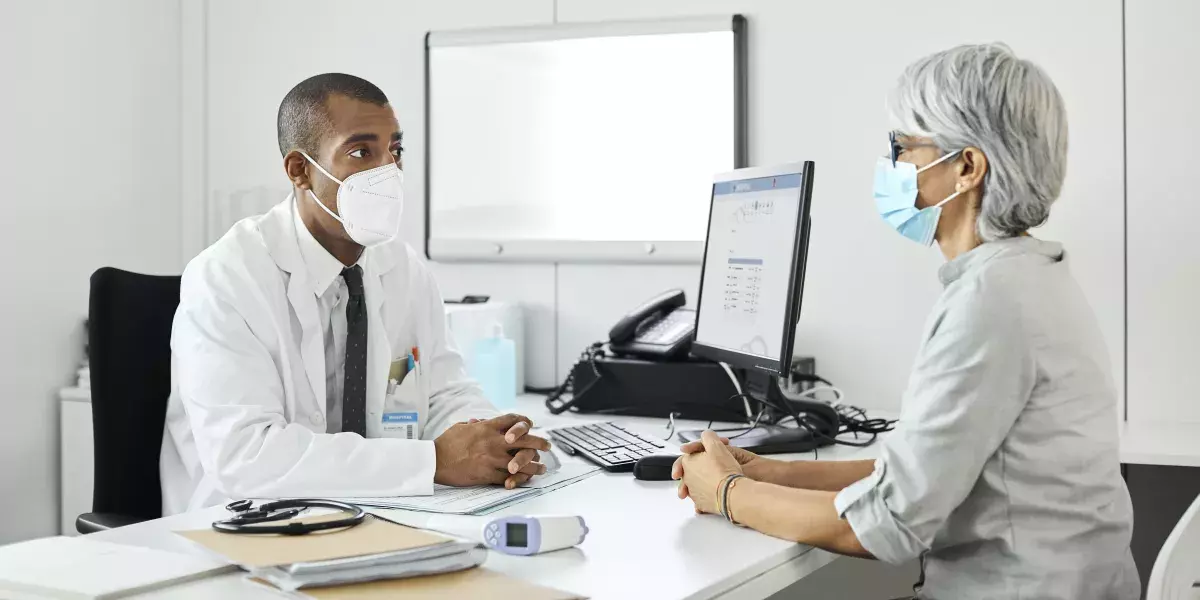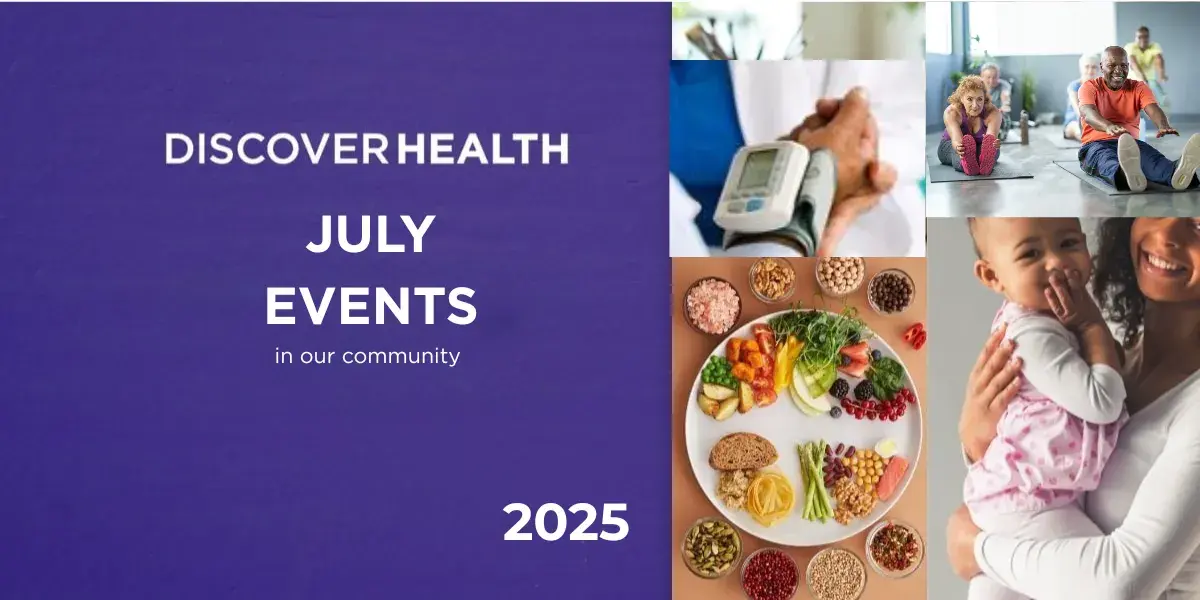
Go with your gut: Be proactive with colon cancer screenings
You haven’t taken a day off from work in over six months. Life gets so busy that you put your health on the back burner. But not getting health screenings — like a colonoscopy — puts your life at risk.
You should get your first colonoscopy at age 45 and — if you are low risk — repeat the exam every five to 10 years until you are 75, according to the American Cancer Society.
Signs and symptoms of colon cancer include:
-
A change in your bowel habits, including diarrhea or constipation or a change in the consistency of your stool
-
Rectal bleeding or blood in your stool
-
Persistent abdominal discomfort, such as cramps, gas or pain
-
A feeling that your bowel doesn’t empty completely
-
Weakness or fatigue
-
Unexplained weight loss
Factors that put you at risk for colorectal cancer:
-
Inflammatory bowel disease, Crohn’s disease or ulcerative colitis
-
A personal or family history of colorectal cancer or colorectal polyps
-
A genetic syndrome such as familial adenomatous polyposis
-
(FAP) or hereditary non-polyposis colorectal cancer
-
Lack of regular physical activity
-
Low fruit and vegetable intake
-
A low-fiber and high-fat diet
-
Obesity
-
Alcohol consumption
-
Tobacco use
When to see a doctor
If you notice any symptoms of colon cancer, such as blood in your stool or a persistent change in bowel habits, make an appointment with your primary care physician.
For screening information, please call 1-855-DNA-GIBBS or speak with your primary care physician about the right time to schedule your colonoscopy.
Learn more
Learn more about colorectal cancer by visiting an inflatable colon from 10 a.m. to 3 p.m. on Tuesday, March 22, at Union Medical Center.












